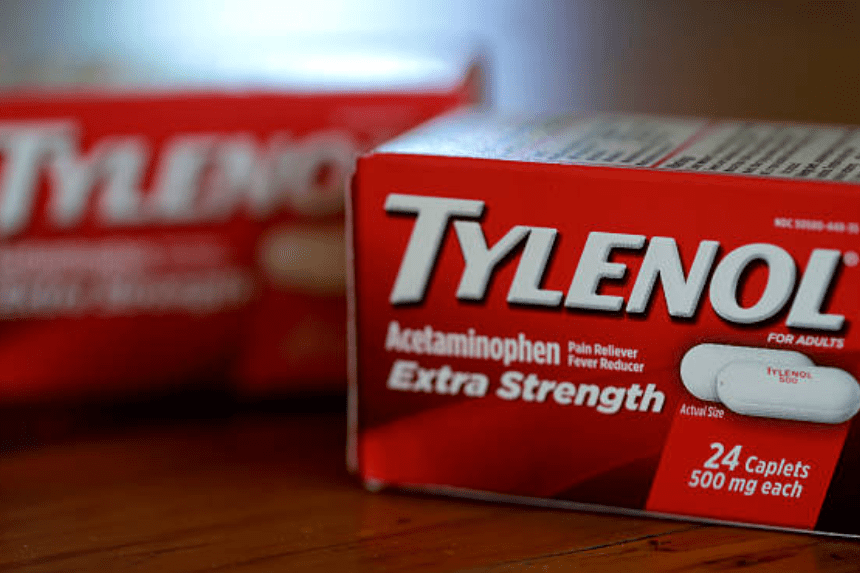There is a hot debate in the US on the use of Tylenol and autism concerns during pregnancy. Recent public statements of federal leaders and health agencies have ruled on the disputes around Acetaminophen, an active component in Tylenol. The U.S. Food and Drug Administration (FDA) is now planning to launch a public awareness campaign, potentially update drug labeling, and release formal guidance to physicians about its use by pregnant women.
Officials say these steps come in response to emerging scientific data. However, major medical organizations strongly disagree, saying that there is no proven link between acetaminophen and autism. They warn that the health of the mother and fetus can be put at greater risk by discouraging use.
What Is the FDA Planning?
In an official announcement, the FDA revealed several upcoming actions. These include a physician advisory, a proposed label update for Tylenol, and a national campaign to inform the public about a potential — though unconfirmed — connection between Tylenol and autism.
Additionally, the FDA is moving to approve Leucovorin, an older cancer drug, as a treatment option for certain children with autism. This drug, also known as folinic acid, may help improve verbal communication in children with low folate levels, according to early studies. Here is the link to our article on Children’s Outdoor Health.
Are There Any Scientific Findings?
Studies across the U.S., Israel, and Norway have investigated folic acid’s role in reducing autism risk. Some found that supplementing during early pregnancy may lower autism risk by 30–70%. However, these findings have not been universally confirmed.
Regarding Tylenol, a recent 2024 study involving 2.4 million Swedish children found no evidence linking prenatal acetaminophen exposure to autism, ADHD, or intellectual disabilities. Researchers compared siblings and population data to conclude there was no elevated risk.
What Do Medical Experts Say?
Leading U.S. medical organizations, including the American College of Obstetricians and Gynecologists, reject claims tying Tylenol and autism. They affirm that acetaminophen remains the safest pain relief option during pregnancy. Health professionals caution that removing this option could force pregnant individuals to suffer or turn to more dangerous medications.
Multiple global health authorities also continue to recommend acetaminophen for managing fever and pain during pregnancy. They argue that untreated illness can itself harm fetal development. Here is the link to our article on Transgender Minors’ Health.
Is There a Rising Autism Crisis?
Autism diagnoses have sharply increased in recent decades. In 2020, 2.77% of U.S. 8-year-olds were diagnosed, according to CDC data. Experts believe this rise is largely due to broader diagnostic criteria and improved awareness.
Still, some political leaders describe the trend as a national health crisis and continue to push for faster answers. A few, including those within the current administration, support more aggressive research into possible environmental factors like medication use.
However, most scientists caution that autism likely results from a complex mix of genetic and environmental influences. Simplifying it to a single cause, such as Tylenol and autism, is widely seen as misleading and potentially dangerous.
What About Alternative Treatments?
The push to approve Leucovorin for autism has stirred cautious optimism among some families. Although early trials show it may improve communication in certain children, scientists emphasize that the evidence is still preliminary. Larger, more consistent studies are needed before making clinical recommendations.
Moreover, Leucovorin’s effectiveness may only apply to specific autism subtypes linked to folate metabolism. It is not a general treatment for all individuals on the autism spectrum.
Final Thoughts
The discussion around Tylenol and autism highlights the challenges of a balanced public health message with emerging science. While government agencies are taking action to inform the public, major medical bodies emphasized the need for strong evidence before taking care and transferring guidance.
As the research progresses, one thing remains clear: pregnant women deserve clear, science








